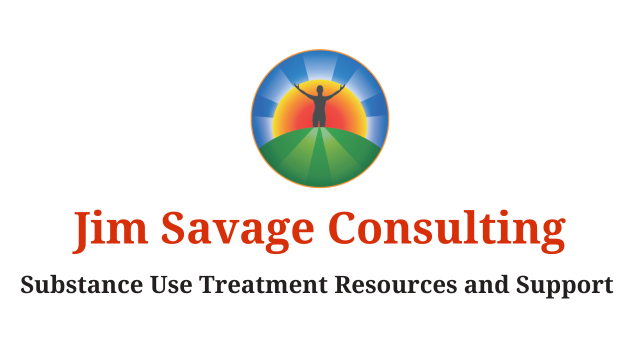"Rehab doesn't work."
"I don't trust those rehabs. They're only in it for the money."
In my line of work I frequently find myself in the position of suggesting to a family that it might be time consider rehab for a loved one. And it's not uncommon to hear things like the statements above in response to that suggestion. When you think about it, it's understandable. How many of us know someone who "went to rehab and it didn't work"? A family member? A co-worker? The kid down the street who's been "in and out of rehab and he's still getting in trouble!"
When we hear more about treatment failure than we do about treatment success the public perception of rehab becomes tainted, and it's easy to develop the view that "rehab doesn't work."
And that's unfortunate. Because the fact is rehab really does work.
But... it's complicated.
There's no denying that treatment success rates can be disappointing. On the other hand, it's also true that miracles are taking place in treatment centers every day all over the world. Lives are saved. Families are healed. Parents get their kids back. Marriages are restored and become stronger than before. Those are the kind of things that are going on in rehab every day.
So why do we see poor success rates?
The bottom line is, Substance Use Disorder treatment is complex process:
There are medical factors involved.
There are psychological factors involved.
There are emotional factors involved.
There are spiritual factors involved.
But one of the things I've found over my years in this business is the importance of keeping it simple and paying attention to the foundation. More specifically, the client's foundation for recovery. And one of the most effective tools for assessing that foundation is the Stages Of Change Model. When a client relapses, you can usually go back and identify where there was a crack in the foundation as a result of incomplete work at a particular stage in the treatment process.
The video above provides a great example of a frequent scenario seen around treatment programs. The message is delivered, i.e. the client is given the instructions for successful recovery. But in many cases the clients don't follow the instructions! It's like buying a piece of furniture at Ikea, bringing it home, and trying to put it together without reading the instructions. Things don't turn out well. When this happens in substance use treatment, we end up with a case where it looks like "rehab didn't work."
The story presented in the video gives several examples where the client didn't follow through with the treatment recommendations. It also illustrates the role the family can play with regard to treatment support. Knowing what the plan is and what following the plan should look like allows the family to be better prepared for providing treatment accountability. And that's really valuable when it comes to treatment outcomes.
Check the foundation!
Loved one in treatment? Use the story in the video to identify potential cracks in he foundation as your loved one's treatment progresses.
Treatment providers: Improve treatment outcomes by paying extra attention to the foundation: Is the client solid in his or her progression through the Stages of Change, or is there some extra work that needs to be done to make sure things are solid?
(The video above is from the RehabWorks Family Support Program, an online learning platform for families of substance use treatment clients. LEARN MORE >> )
FREE eBOOK
Sobriety Doesn't Have To Suck!
A Guide To Finding Excitement, Renewal, And Spiritual Fulfillment In Recovery
Stay connected with news and updates!
Join our mailing list to receive news, resources, and updates.
Don't worry, your information will not be shared.
(We won't send spam. Unsubscribe at anytime.)

